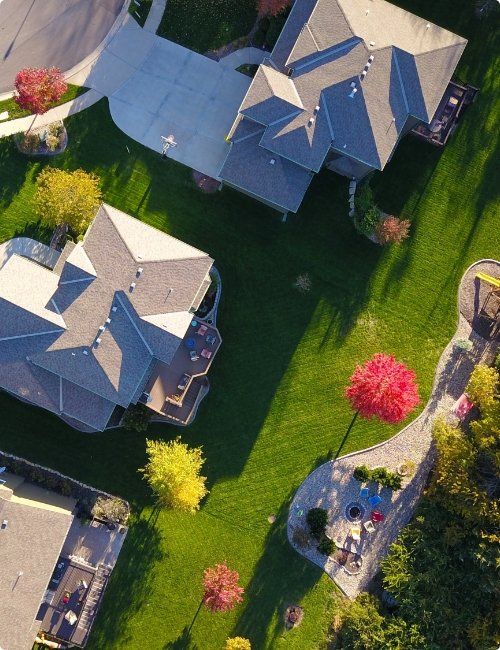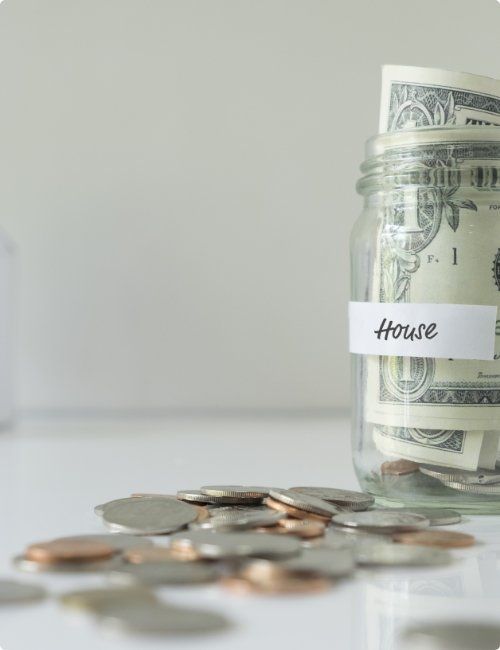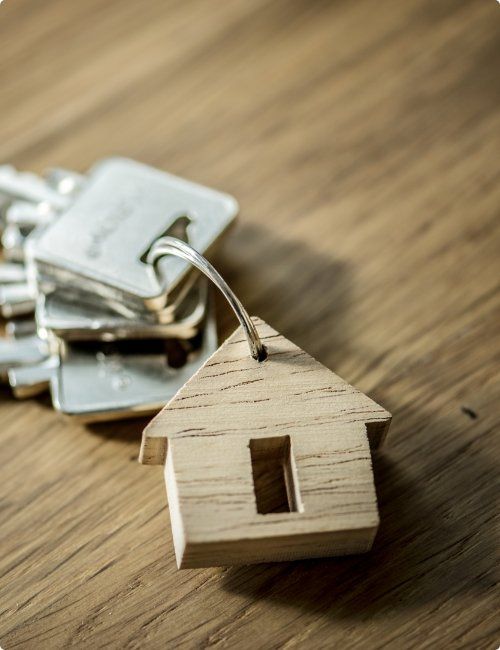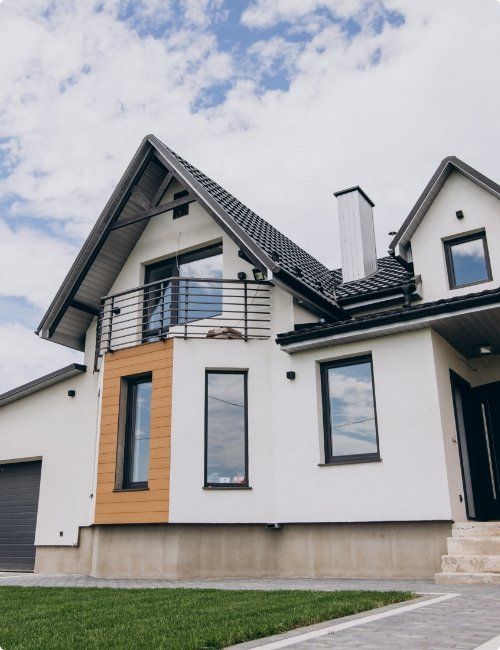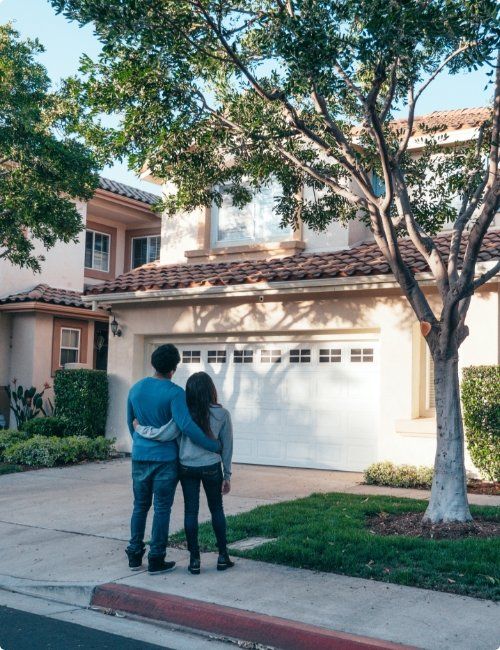Looking to Buy a Second Home? Read this first!
Buying a Second Home Could be a Wise Investment… or a Money Pit
If you’ve been saving your cash and you’re ready to invest, buying a second home might be the way to go.
You probably know that a home is one of the largest (and best) investments you can make…
If you go about it carefully, that is.
Whether you’re eyeing a vacation home or a rental property to cushion your income, you’re probably eager to get your first pick before it’s gone.
You’ve already got experience with buying a home. And you know how to invest your money wisely.
But don’t get too comfortable just yet.
Buying a second home won’t be too similar to your first home buying experience, and there are some extra costs (and risks) you’ll need to know about. If you’re eager to invest in a second home, finish reading this guide first!
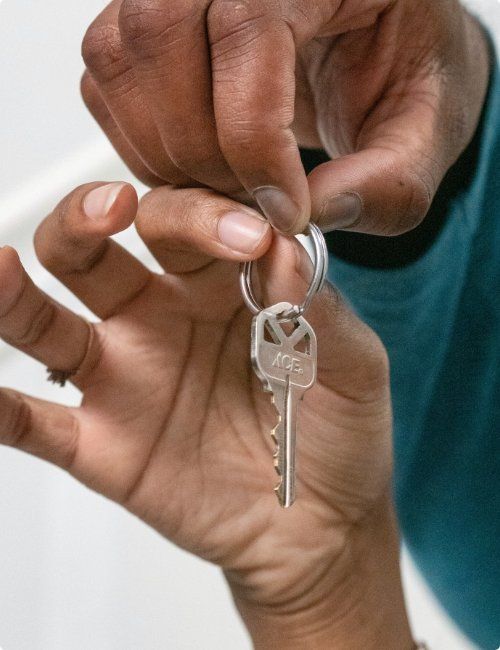
Classifying your Second Home
So, you’ve found the second home of your dreams. Let’s say you’re going to rent it out for most of the year.
It’s as simple as securing a second mortgage, right?
Not at all!
There are extra costs, taxes, and even changes to your lifestyle that will come up. It all depends on whether you’re planning to use your second home as a vacation home, or an investment property…
Secondary Residence/Vacation Home
Your second house doesn’t necessarily have to be for vacations. If you’re in the area for work often, your home will qualify as a secondary residence…
As long as you live there for at least 14 days per year, according to the IRS.
You can even rent it out, as long as you live in the home for at least 10% of the days the property is rented.
Of course, it’ll depend on your lender. Some lenders might not let you rent your second home at all. Others might have a limit on how many days per year you can rent the property.
The key point here is, you’ll probably want to fall into the ‘secondary residence’ category if you can help it.
Generally, with a secondary residence your mortgage interest will be tax-deductible, and your home will be easier to finance. The rate your lender offers will be closer to market value, and your down payment won’t skyrocket.
Investment Property
An investment home, on the other hand, tends to be more difficult to finance.
Usually, your second home will be considered an investment property if you’re renting it for most of the year. In other words, it’s meant to generate income.
Because the lender has to worry about the risk of someone else living in your second home, your down payment and your interest rates will probably be higher. Your lender will probably want to see a higher credit score and a strong financial background as well.
Plus, if you own an investment property you won’t be able to deduct your mortgage interest like secondary residence owners can.
Still, owning an investment property isn’t all that bad. You can make some major tax deductions.
One of the most important deductions to know about in this case is depreciation.
Essentially, you can deduct the cost of buying and renovating/repairing your investment property.
Thanks to depreciation deductions, rental income is often taxed less than any other type of income!
And that’s not all.
If you can prove to your lender that your second property has earnings potential, you may be able to secure a lower down payment and mortgage interest rate.
Though, if you’re going to establish the property as a rental for the first time, proving it’s worth to your lender is going to be a challenge.
Still, with high interest rates and an average down payment of 25% on most investment properties, it’s worth a shot. Just give yourself a savings cushion before you go down this road.
Don’t Forget About Interest!
As of March 2021, the national average for 30-year mortgage interest rates was 2.98%.
But that’s only for first-time home buyers…
It’ll depend on your location, but you shouldn’t expect to get an ultra-low interest rate.
Even if you’re financing a secondary residence, it’s rare to find a mortgage interest rate below 3%.
And as you already know, an investment property makes you a higher risk for the lender, so interest rates will increase accordingly.
For an investment property, you can expect to pay 0.5%-1.0% more than the average mortgage interest rate.
To give you an idea of what an investment property will cost, let’s say you take out a $350,000, 30-year mortgage with a 3.75% interest rate. With taxes and other fees, you’ll pay around $1,881 per month.
Plus, you’ll pay a whopping $174,852 in interest—that’s money in the lender’s pocket, thanks to your ultra-high interest rate.
And like your first home, you’ll have to account for closing costs—around 2-5% of your loan amount [LINK 12].
When it’s all said and done, you could be making a great profit off your investment home, but you’ll need to budget carefully to make it work.
Your Lender won’t be Fooled…
By now, you might be tempted to apply for a secondary residence even though you’re planning on renting out the space for income.
That’s understandable—financing an investment property is more of a headache…
But don’t do it! No matter how tempting it is to misclassify your second home, the consequences outweigh the benefits.
Mortgage underwriters are trained to spot occupancy misclassifications.
If you try to fool your lender, you’ll probably pay the price. Mortgage fraud can and will mean hundreds of thousands in fines—and that doesn’t include legal fees.
So, it’s important to be transparent with your lender when it comes to your second home. You’ll have to drop some cash upfront—especially for an investment property—but it’ll be worth it in the long run.
Your Complete Budget
If you’re considering a second home, chances are you’re good at setting a budget and sticking to it.
Without a budget, you wouldn’t have secured your first home, and you probably wouldn’t be considering another.
Buying a home is all about expecting the unexpected.
That sounds impossible, but you probably know what we mean—you can’t predict the future, but you can prepare for it.
That means padding your bank account for all of life’s unexpected challenges.
Whether you’re buying a home on the beach, or a property to supplement your income, the importance of tracking your budget remains the same.
So, consider what your complete budget might look like.
Not just your mortgage payments, monthly bills, and other debts.
We’re talking about that stuff, and all the rest: money to support your family, to send your kids to college, and to support the lifestyle you want.
What’s the point of setting a budget if your goals don’t fit into it?
That’s what we mean by your complete budget. A second home won’t be much fun if you don’t have enough cash leftover to support your lifestyle.
On the other hand, spending all your time creating a budget to save every penny isn’t realistic. You shouldn’t have to constantly worry about squeezing your lifestyle into a budget.
So, you need to find the middle ground…
Finding Your Balance
Like many things in life, your finances and your budget is about finding a balance.
You need a balance between responsible spending and enjoying life.
But a second home can quickly become an anchor on your budget and your lifestyle. You’ll have to deal with extra taxes, maintaining your home, and most importantly…
Your mortgage interest rate.
We talk about mortgage interest a lot, and for good reason—your mortgage payment (plus interest) will almost always be the greatest cost when owning a home.
That’s particularly true of buying a second home. Your interest rate is going to be higher, and you’ll pay unnecessary interest to the lender…
But there’s a way to avoid all that.
A tool that can take the guesswork out of budgeting and save you as much money as possible.
It’s called the Money Max Account, and it can help you find the balance you’ve been looking for.
Quit worrying about your budget, your payments, and your expenses. Money Max will do the math for you.
By tracking your budget for you, the Money Max Account calculates your path out of debt. So, instead of paying interest for 30 or 15 years, you can be done paying off your mortgage and other debts in as little as 7-10 years.
That means more cash in your budget to support your family and the lifestyle you want!
It doesn’t matter if you’re paying off your first home or your second home—or both.
Money Max covers all the bases, giving you more time to focus on living your life.
Why pay more unnecessary interest to your lender? Why worry about keeping track of every expense?
Let Money Max do it for you, and give yourself the peace of mind you deserve.
If you’re ready to invest in your debt-free future, give the Money Max Account a try.
To learn more about United Financial Freedom and the Money Max Account, visit our website.
Can’t wait to learn more? Give us a call! Our representatives are standing by to provide you with all the details.
Phone: (877) 794-5700
Fax: (716) 799-1155
Browse Our Website
Email:
COntact Information
Address:
3960 Harlem Rd Ste 12B
Amherst, New York 14226
Business Hours
Monday: 10-5
Tuesday: 10-5
Wednesday: 10-5
Thursday: 10-5
Friday: 10-5
Saturday: Closed
Sunday: Closed

